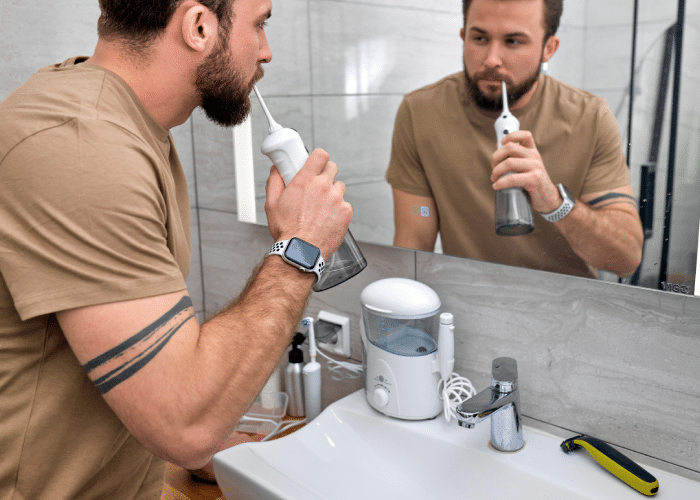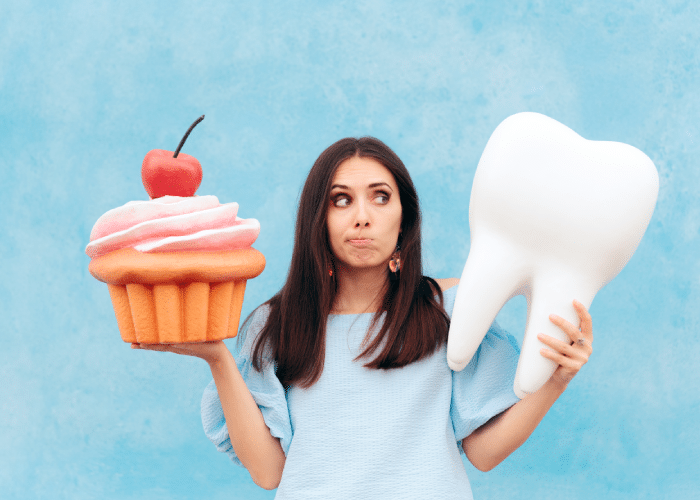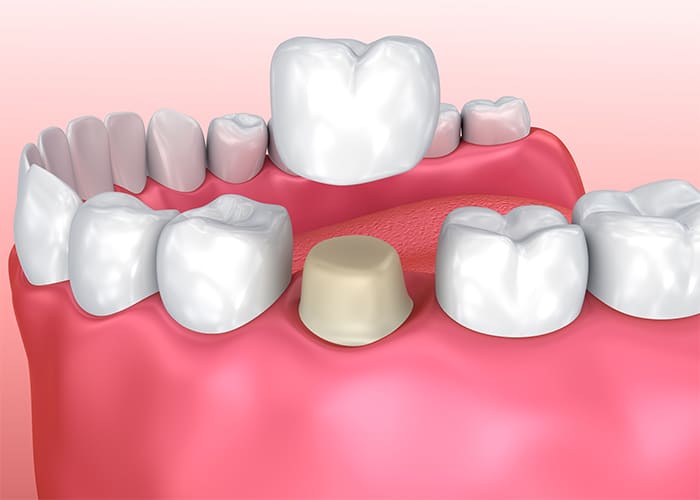Caring for your teeth involves much more than regular trips to the dentist. Certain foods can also enhance your oral health and the good news is that there are more than you may realise. For instance, spinach provides additional calcium while the omega-3 fatty acids found in salmon will provide anti-inflammatory properties. Here are three other tasty treats to include in your everyday diet:
- Apples
- Almonds
- Sweet potatoes
“Whether you love kale or spinach, almonds or cheese, you can eat healthy to support your teeth and gums.”
More information can be found here:
https://yourdentalhealthresource.com/these-5-foods-are-good-for-your-oral-health/









